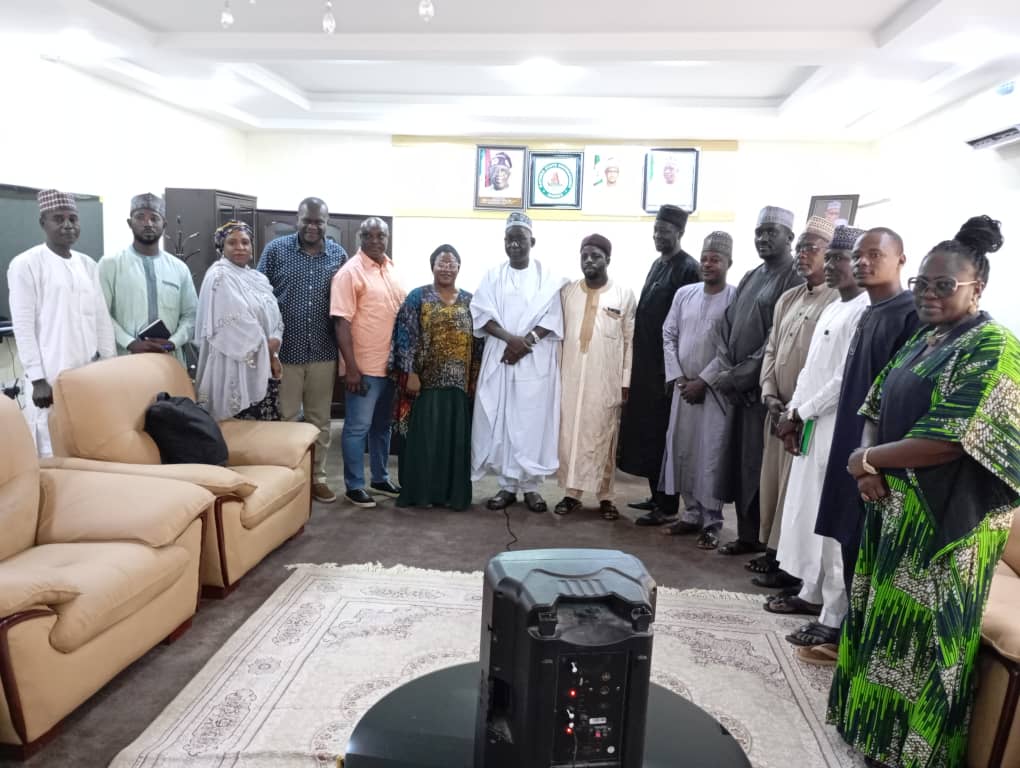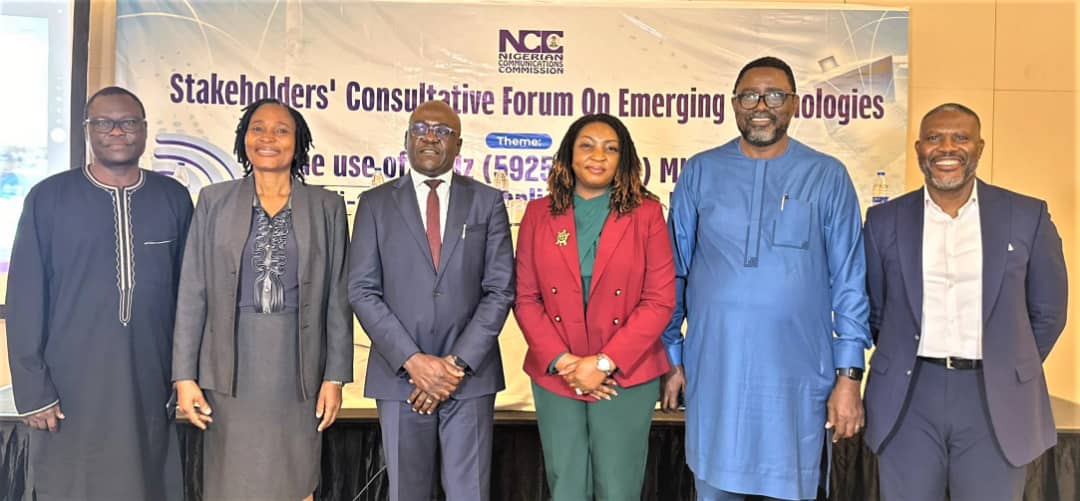Katsina State Leads in SWASH Program as Federal Government Delegation Reviews Progress

- Katsina City News
- 20 Sep, 2024
- 62
Zaharaddeen Ishaq Abubakar, Katsina Times
Katsina State has been recognized as a top performer in the implementation of the Sustainable Water and Sanitation for All (SWASH) program, a six-year initiative supported by the World Bank and the Federal Ministry of Water Resources. A high-level delegation, led by Ms. Engr. Juliet from the Federal Government and accompanied by the Managing Director of the Katsina State Water Board, Tukur Hassan Tinglin, visited the state to review progress and finalize key projects.
During the courtesy visit, the Secretary to the Katsina State Government, Barrister Abdullahi Garba Faskari, who represented Governor Malam Dikko Umar Radda, PhD, welcomed the delegation. He commended their efforts in ensuring that Katsina continues to excel in providing clean water and sanitation services. “Katsina State is always ready to support this initiative and any efforts that will improve the lives of our people,” Faskari stated, highlighting the state’s commitment to the program.
Ms. Engr. Juliet expressed satisfaction with the state’s progress, noting that Katsina is the only participating state to have received $6 million in two tranches, a feat that demonstrates its leadership in the program. Other states are still working with the initial $1 million advance. The delegation emphasized that Katsina’s success in meeting performance targets and adhering to technical standards has positioned the state as a model for others to follow.
Tukur Hassan Tinglin, the Managing Director of the State Water Board, also spoke during the visit, explaining that Katsina is halfway through the six-year program, with three years of successful implementation and three remaining. “Alhamdulillah, Katsina is leading in SWASH program implementation across Nigeria, ensuring that our communities have access to sustainable and adequate water, sanitation, and hygiene services,” he said.
The delegation’s visit included inspections of various project sites and assessments of financial management, fund flow, and overall performance against key indicators. The focus, according to Engr. Juliet, is not only on infrastructure but also on service delivery to both rural and urban populations. "This is not just about contracts; it’s about ensuring services reach the people," she emphasized.
Looking ahead, the state government and its partners are working on realistic plans to ensure that the program continues to deliver results, with additional funding tied to performance-based disbursements. The SWASH program’s broader goal is to strengthen institutions and ensure that essential services remain sustainable beyond the program’s timeframe.
With Katsina's impressive track record, the state is expected to maintain its leadership in the SWASH program, serving as an example of effective governance and commitment to improving public welfare through strategic investments in water and sanitation.







